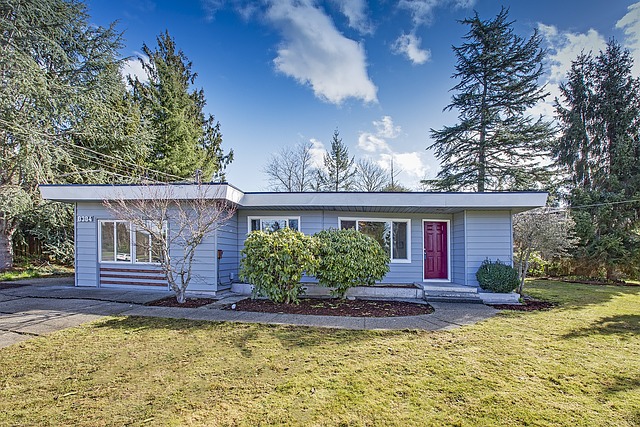In real estate, a reserve price is a critical tool for both buyers and sellers. It sets a minimum selling price, protecting sellers from lowball offers and providing buyers with transparency and insight into their budget. To set a fair reserve price, analyze comparable property sales, consider market trends, target audience, and necessary repairs/renovations, ensuring a mutually beneficial transaction while maintaining the property's value.
In today’s competitive real estate market, setting a reserve price is an effective strategy to protect property values and ensure fair transactions. This article guides you through the intricacies of understanding reserve prices, highlighting their benefits for both buyers and sellers. We’ll explore powerful strategies to determine the optimal reserve price, empowering you with insights to navigate the real estate landscape successfully.
Understanding Reserve Prices in Real Estate

In the world of real estate, a reserve price acts as a protective measure for both sellers and buyers. It’s a predetermined minimum selling price set by the seller, ensuring they receive fair compensation for their property. Understanding this concept is crucial when navigating the real estate market, especially in competitive areas where multiple bids can drive prices higher.
When a reserve price is established, it sets a benchmark that informs potential buyers of the lowest acceptable offer. This transparency helps avoid unnecessary negotiations and allows buyers to gauge their maximum bid. For sellers, it provides a safeguard against underselling their asset, offering them peace of mind throughout the selling process.
Benefits of Setting a Reserve Price

Setting a reserve price in real estate offers several advantages for both sellers and buyers. One of the primary benefits is that it provides a clear target for the property’s value, ensuring a fair negotiation process. This strategy allows sellers to gauge buyer interest and set an achievable goal, while buyers can understand the minimum acceptable price, preventing over-spending.
Furthermore, a reserve price acts as a protective measure. It safeguards the seller from accepting low offers that may undervalue their property. In competitive markets, this tactic is especially useful, ensuring that the listing stays attractive and doesn’t get lost in a sea of lower bids. It also prevents buyers from taking advantage of unfamiliar sellers, fostering a more transparent and mutually beneficial transaction.
Strategies for Determining the Optimal Reserve Price

Setting a reserve price is a strategic move in real estate that can significantly impact the overall success of a sale. The optimal reserve price should be carefully determined to balance achieving your selling goals while protecting the property’s value. One effective strategy involves analyzing recent sales data for similar properties in the area, considering factors like location, size, amenities, and market trends. By studying these comparable sales, you can gauge what buyers are willing to pay and set a reserve price that aligns with the current market demand.
Additionally, understanding your target audience is vital. Are you selling to first-time homebuyers or high-end investors? Tailoring your reserve price to match their expectations and purchasing power ensures a more efficient negotiation process. It’s also beneficial to consider potential repairs or renovations needed for the property. Factoring in these expenses allows for a realistic reserve, ensuring that even with negotiations, the final sale price covers all costs and still represents fair market value.






